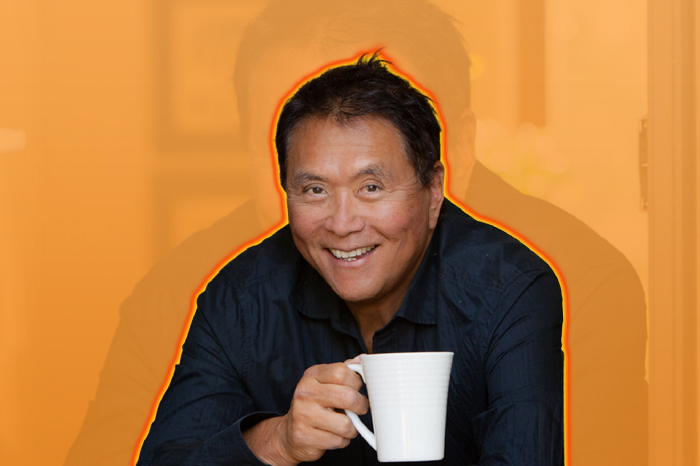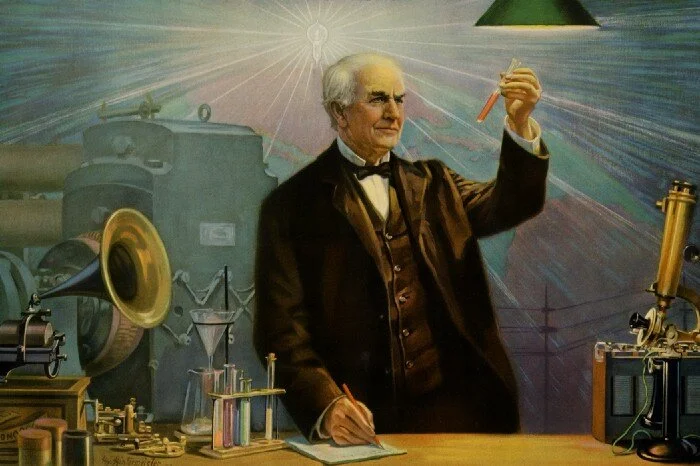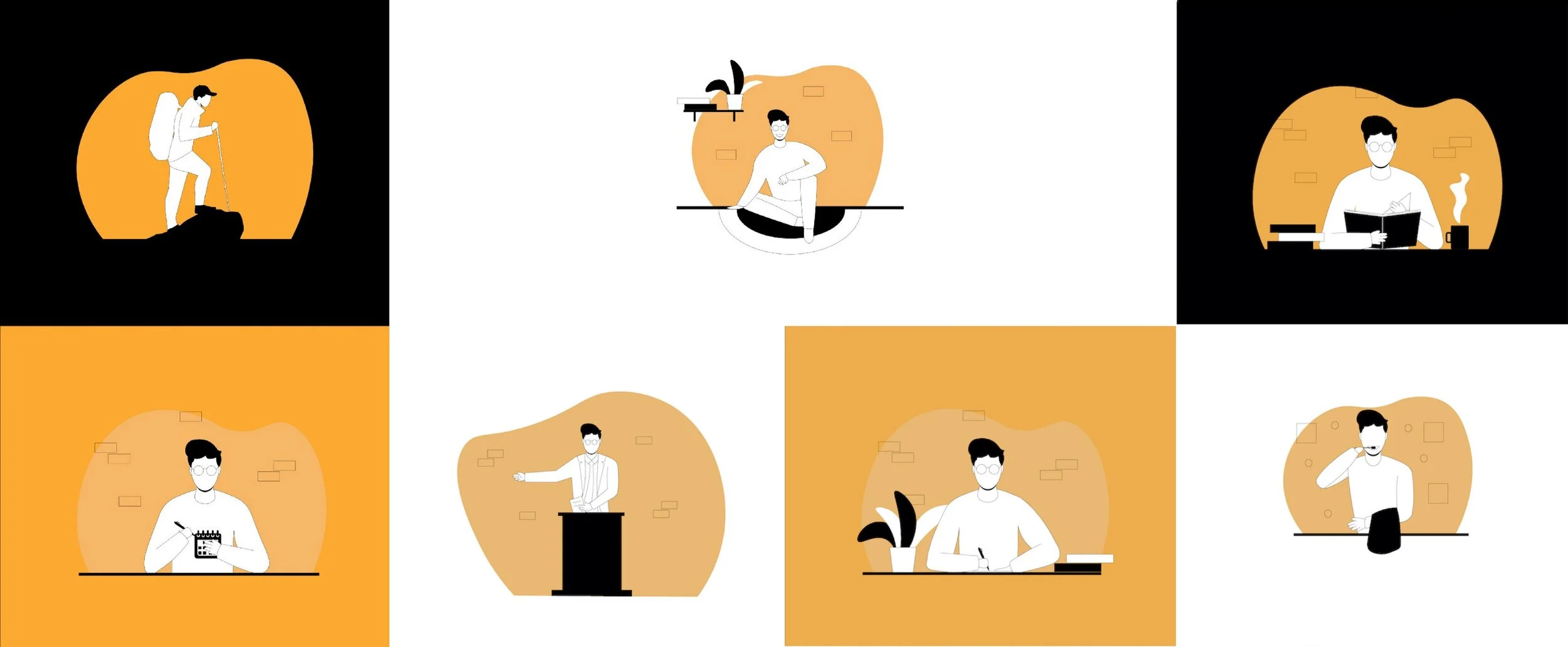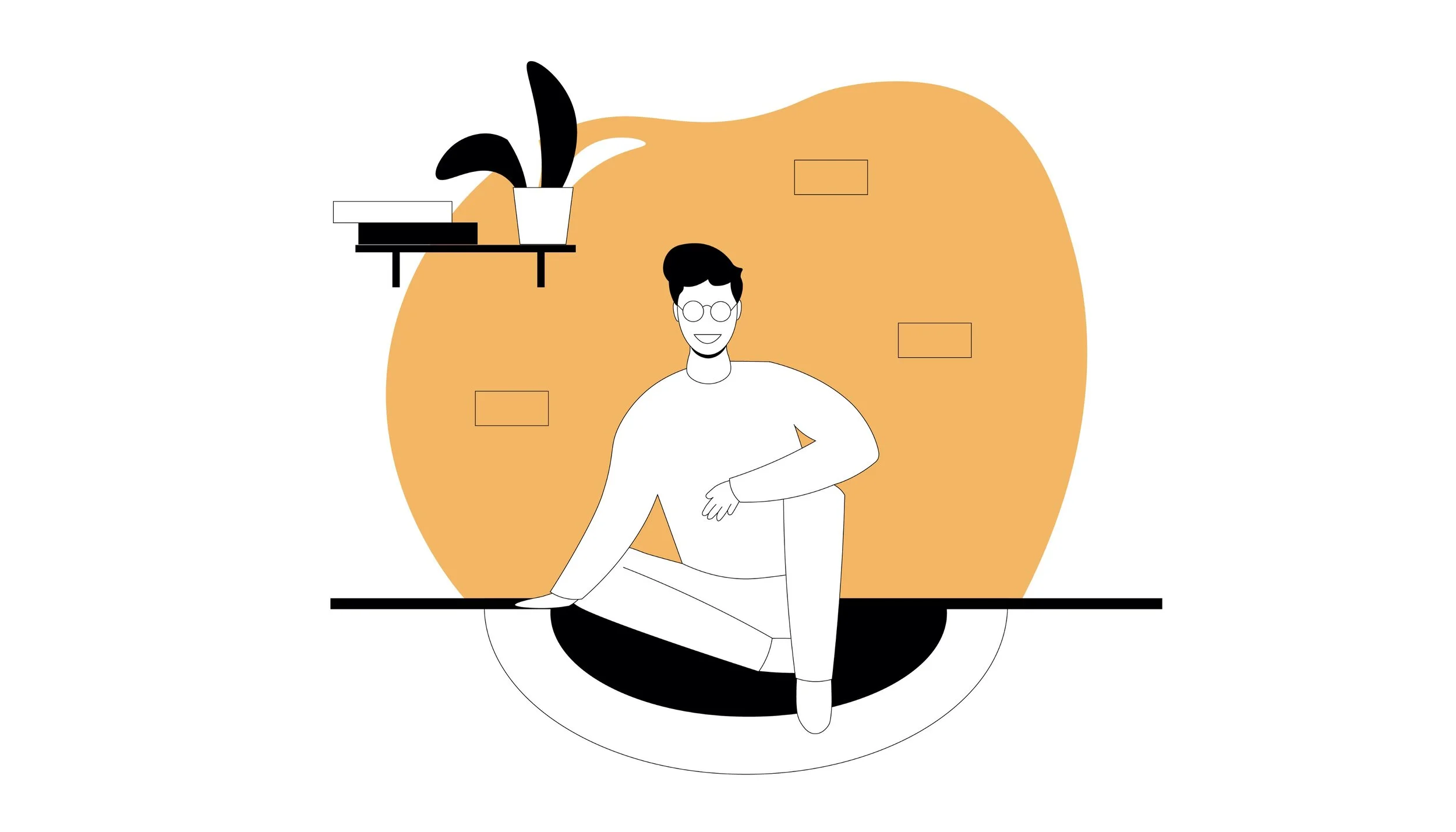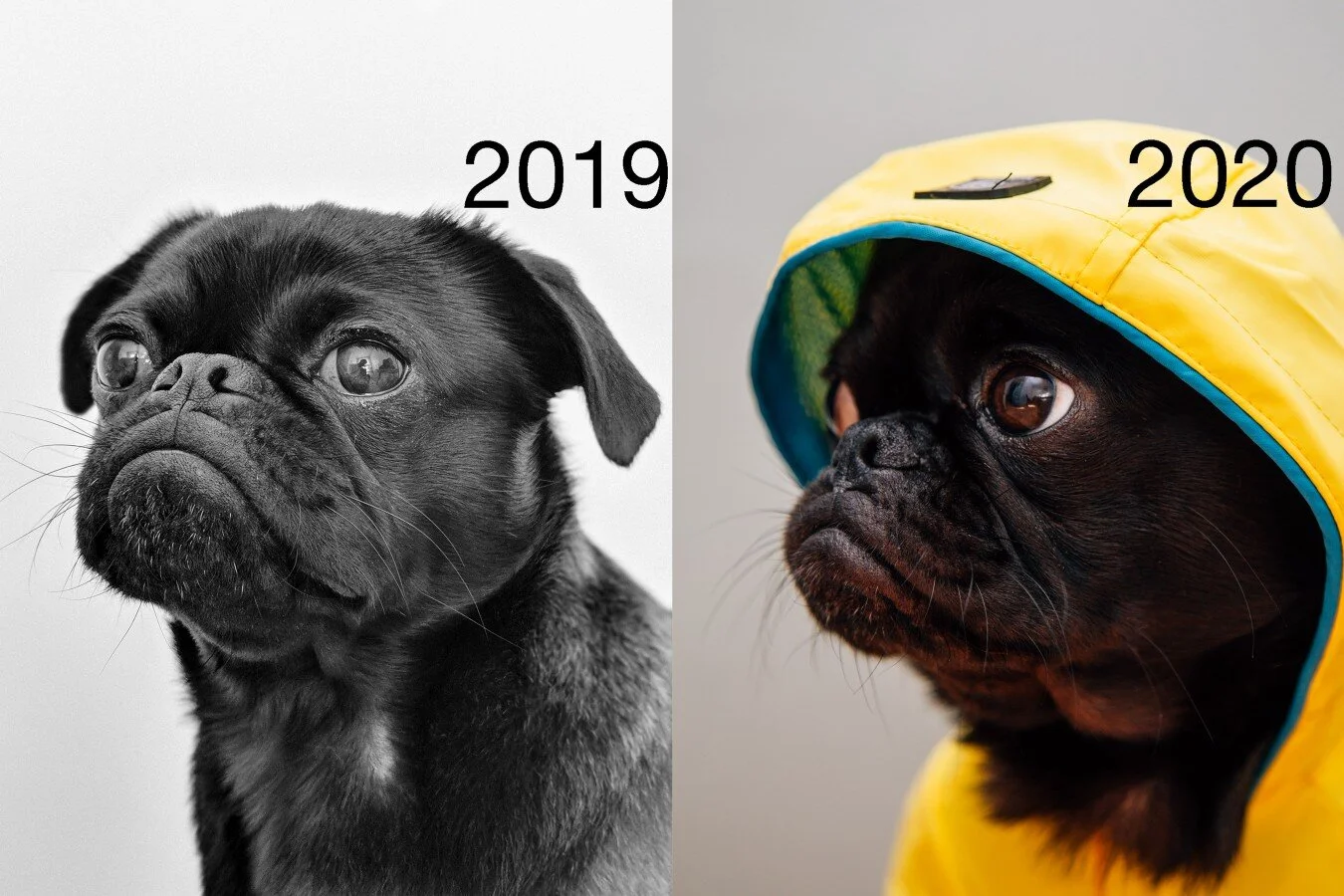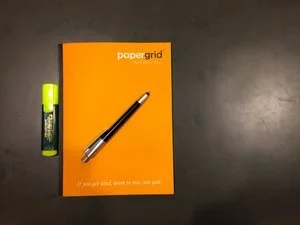Have a symbol to guide your decisions throughout the year
Robert Kiyosaki — Author of Rich Dad, Poor Dad — Reflects on 20 Years of Evolution in Finance
31 Ways to Drastically Boost Your Confidence
The Most Important Lessons to Learn From One of Medium’s Most Successful Writers
Why You Need a ‘Failure Journal’
Here’s How You Can Learn the 7 Prime Skills That Changed My Life Forever
How I Approached Charisma Like a Skill and Built Incredible Influence
Here’s Exactly How You Can Do Better in 2020 Than You Did in 2019
3 Ways to Get People to Say Yes to You
It’s Okay if You Don’t Do What You Went to School For
Why I Started A Fail Journal And Why You Might Want to As Well
88 Ways to Build Your Confidence
The Brutal Truth You Don’t Want to Hear About Success
Okay, I’m a Fraud. But So Are You Unless You’re Boring
How Being a Giver Led Me Here
It’s Okay if You Don’t Do What You Went to School For
Stop Convincing Yourself You Can’t Do Something. Now.
Cover Photo by Jason Rosewell on Unsplash
“Whether you think you can, or you think you can’t — you’re right.” — Henry Ford
How many times have you not done something because you thought it would be too hard to do?
If you’re like most of us, frequently right?
For the longest time I thought there was no way I could draw. I’m a programmer by trade, and perform well with things that relate to logic.
I had tried a few times but always ended stopping before even really giving it a chance.
It was too hard for me to do. I had given up.
Similarly, I’ve always had tiny legs. It had been pointed out to me on many occasions while in high-school. Some might call it bullying, but maybe I was too dumb to realize I was actually getting bullied.
I’m an ectomorph. For me, gaining weight is terribly hard. I know a lot of people would love to have this problem, but they’re wrong. It’s just as bad as being overweight. Especially for men.
I was never able to put weight on. I tried eating ridiculous amounts of calories. Simple workouts. Nothing worked.
It was too hard for me to do. I had given up.
The Turning Point
I can now draw, and my legs have started growing in ways I never thought would be possible.
But what changed you ask?
I think it comes down to two things:
1. A Mindset Shift
When you reject the idea that something is not feasible, it becomes feasible.
“Whether you think you can, or you think you can’t — you’re right.” — Henry Ford
I know this sounds cliché or too obvious, but it’s not.
Next time you think you can’t do something, stop yourself.
Take time to think.
Can you really not do it?
With careful planning, consistent execution and constant monitoring of results, you can achieve almost anything.
Kyle Maynard is a quadruple amputee. That guy climbed Kilimanjaro! If that doesn’t inspire you to do things you think you can’t, I don’t know what will.
When I started writing a few months ago, I shared a short story about a guy named Phil.
I won’t go into details, but the guy didn’t have a truck or a car to pick up a bookshelf I was selling, so he brought it on two public buses home. Who does that? Anyone would have given up on the bookshelf, but man did he want it!
2. A Simple Habit
Around the same time that mindset shift happened to me, I developed a framework I never knew would set me up for success.
I frequently write about it, so I won’t go into the details here, but basically, every month, I learn 3 new skills. I plan for it every end of month. I execute consistently every day for the whole month. I quantify and qualify the results.
At the end of the month, I’m usually quite good doing the skill.
This is how I learned to draw.
I rejected the idea that a programmer cannot draw.
I planned my learning process. I set deadlines. I set milestones. I drew every day by following tutorials online. By the end of the month, I could sketch, do line art, and colouring.
I won’t make a career out of it, but now I can sketch for my artists as needed and understand when they tell me things related to art.
When I rejected the fact that my legs could never grow bigger, I figured out a path to success. I did the right exercises and the right amount of repetitions. I was consistent in doing them everyday.
When I rejected the idea that an introvert can’t tell a good story, I studied methods that work. I practiced public speaking and writing consistently. I researched what makes a good story good. I learned to be authentic. That’s how I became a top writer on Medium.
It’s Actually Easy
It turns out, it wasn’t even hard to learn to draw. It wasn’t even hard to grow the legs. It wasn’t even hard to tell stories.
“Showing up is half the battle.” — Woody Allen
I believe that. I’ve been there.
In the course of 6 months, I learned to draw, I learned some machine learning techniques, I learned a lot of Spanish, I learned to give public speeches, I learned to tell stories, I learned to write, I learned some basic Norwegian, I learned to Meditate, I learned to Journal. And more.
I’ve since become a top writer on Medium, started two new businesses, got my third professional photography gig, built my own personal brand, hired 5 people, wrote two books, released a video game, and more.
And I’m not saying that to brag.
I just want you to realize that things are not always as hard as they seem.
You can do this!
Thanks for reading! :)
Just Take Action!
Cover Photo by Mikael Kristenson on Unsplash
Ideas And Questions To Help You Take Action
When you say you’re going to do something, how long does it actually take you to do it?
I had a colleague a few years ago who said he was going to quit his job. At first, we took him seriously. A week later, he was still there. The next problem happened, and he said that this time, for sure, he was going to quit.
Ultimately, it took him two years after saying it first.
I understand it’s not always easy. It’s not black and white. But I can’t help but wonder why it took so long after mentioning it, and how emotionally stable he was during this whole time.
He was one of the smartest guys I knew, so it’s not like he couldn’t find another job if he quit.
How long does it take for you to take action?
I was talking to my mentee the other day about something I wanted to do/try. I scheduled a small block of time to experiment with the idea, and the next day I had done it.
He was amazed at how fast I executed on it. It’s a pattern he noticed in me: I act fast. I didn’t notice that until he mentioned it.
With that same company I mentioned above, when I said I wanted to quit, I did it the next week. I didn’t quit because I didn’t like it, I quit because I wasn’t learning as much anymore, and found something else that gave me that opportunity.
Impulsiveness
I bet that’s the first word that came to mind to you as you read that. Danny is just an impulsive guy. I like to think that it’s not the case. I very much follow this principle:
“Think things through then follow through” — Eddie Rickenbacker
For the thing I wanted to try that I had discussed with my mentee, I saw that I had a block of two hours to spare the next day. I spent half of it researching approaches on how to do it, and the other half implementing it. Or trying at least.
And that’s the key here: trying.
Experiment
The moment you realize that life is just a series of experiments, you’ll see that taking action isn’t that hard anymore.
Ask yourself this:
What’s the worst that can happen if you take action?
What’s the worst that can happen if you don’t take action?
A lot of times you’ll have fears. Some fears are legit, but here’s one I don’t believe in: fear of failing.
Failure
If you find yourself fearing failure, you’ve got this all wrong. There is no “failure”. Failure is the result of an experiment. It’s a learning experience. If anything, failure is the desired outcome many times.
Try things, fail fast, learn from it, try better.
“I have not failed, I have just found 10,000 ways that don’t work.” — Thomas A. Edison
That pushes me to action.
“Who Cares” Attitude
If me taking action does not affect anyone negatively and I’ve got the time to experiment, I don’t see the point of inaction.
Who cares if I fail? Who cares if choosing Action A ended up not being better than choosing Action B?
I’m not always going to take the best possible decisions. Even when I plan really well.
But is not taking any action at all the best way to go if it doesn’t impact others negatively and you’ve got time?
Conclusion
The important lesson here is to realize that the consequences to actions are not necessarily as dramatic as you think they are.
Think about Rickenbacker’s quote. If you thought things through and it was sound, just do it.
Think about Edison. Do you see him as a failure? I hope you don’t.
To make things easy, ask yourself this:
What’s the worst that can happen if you take action?
What’s the worst that can happen if you don’t take action?
Think deeply, objectively. Answer these questions honestly, without any thought that one is better than the other, you can judge after reflection.
What have you been procrastinating doing that you know you should act on?
What’s holding you back?
What are your fears?
If you don’t try, do you even have a chance to succeed?
“Procrastination is the thief of time, collar him.” –Charles Dickens
You can do this!
Thanks for reading! :)
Lessons Learned From A Grade School Notebook
How Many Meaningful Relationships Do You Have, And Why Does It Matter?
Cover Photo by @mahkeo on Unsplash
Let’s first start by defining what a meaningful relationship is:
“A meaningful relationship is one that’s open and honest in a way that lets people be straight with each other” — Ray Dalio
Who can you tell it to when they’re on the wrong path, in health, wealth, love and happiness?
Who tells you when that happens do you?
How many people are open and honest with you?
How many people do you dare be open and honest with?
I’m willing to bet it’s hard to come up with a large list of people for these questions.
Ideally, you would have the same names in all lists. It’s a relationship after all! If you are open and honest with someone and vice versa, then it’s a truly meaningful relationship.
Why It Matters
Identifying your meaningful relationships is important to understand who to 1) go to in times of need, and 2) get valuable feedback on important decisions.
It is the people you surround yourself with in business and in life. It’s your business partners, your spouse, your parents, your children, etc.
A meaningful relationship is strong. You know the other person’s got your back. If something is wrong, they’ll tell you straight, and you’ll grow from it.
You don’t grow from people hiding the truth from you. It might feel good initially to not face the brutal truth, but it will eventually hurt when you fall.
I learned to embrace the brutal truth a few years ago. I can’t remember the exact point in time, but I know since then I’ve had more “success” in whatever I’m doing since then.
I’m happily married and our relationship is based on trust. We can tell each other the brutal truth. We’re stronger for it. We’ve been together 14 years. I’m only 31.
In business, I try to surround myself with people who won’t shy away from telling me when I do something wrong. I always ask for feedback from people I trust. In return, they trust that I’ll do the same.
Obviously, there are ways to give brutally honest feedback, and not everyone can word it properly, but sometimes you have to read between the lines.
I personally like when someone tells me something I did is s***, provided they have points to back their opinion up.
You don’t have to agree with everything, but that’s what being “open” means. Understand and value the person’s opinion, and make up your own opinion based on that.
Conclusion
Take time to reflect on the meaningful relationships you have. Make a list. Make those connections even stronger.
Strive to build more relationships based on openness and honesty. You’ll grow as a person and you’ll become a better business partner, spouse, parent, etc.
You can do this!
Thanks for reading! :)






